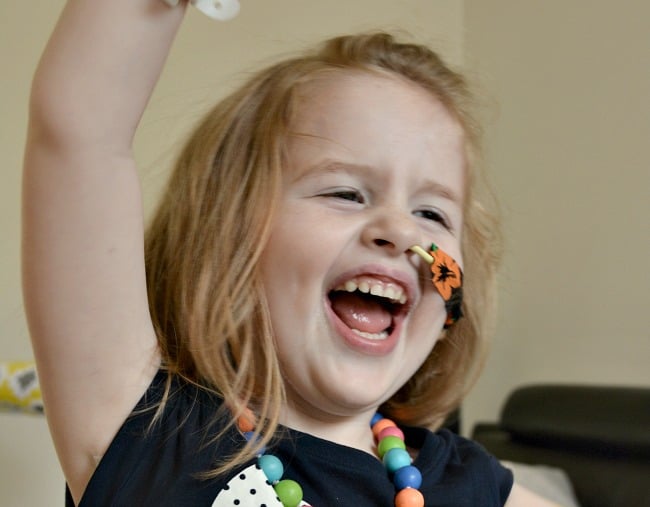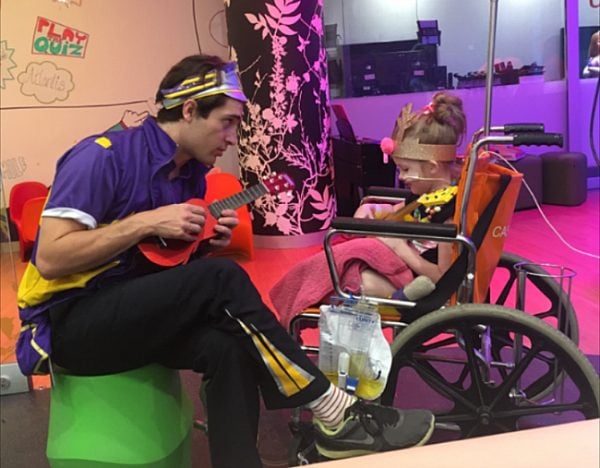
Isla Duns has spent half of her six years in and out of hospital. After experiencing bladder and bowel issues in 2015, the Sydney girl was diagnosed with a rare condition called autoimmune autonomic neuropathy.
This means her immune system mistakenly attacks her body, causing damage to the nerves that manage everyday functions. Her mobility is affected, as are her digestion and bladder function.
For Isla’s mother, Natlie, the diagnosis was a double-edged sword – it meant answers to questions she had long been asking about her little girl’s health, but also a future of plagued with uncertainty and ongoing hardship.
“She knows she’s a little bit different, and we try not to make that a negative thing,” Natalie said. “The main issue is around inclusion, as there are things she can’t do that her peers can. Mainly sport, even running around the playground. And she can’t eat like other people – she’s tube fed, so eats very little orally.”
Sue Channon talks about what it is like to be a parent of a very sick child and what people can do to make life a little bit better. (Post continues below.)
There is no quick-fix for the school girl’s condition. She must have daily medication, plus attend Sydney’s Children’s Hospital at Westmead every three weeks for intravenous immunosuppressants treatment. Then there are the unexpected stays when her condition deteriorates, the longest of which was four months.
Though Isla remains “incredibly positive”, Natalie has watched her have to mature beyond her years.
“She’s six going on sixteen. So she has lots and lots of questions. We are honest with her, but we try not to focus on the future, just on the here and now,” Natalie said. “She knows that when she comes into hospital it’s for treatment that will make her better, so she can spend more time at school, more time playing with her friends. And she’s slowly accepting of that.”

